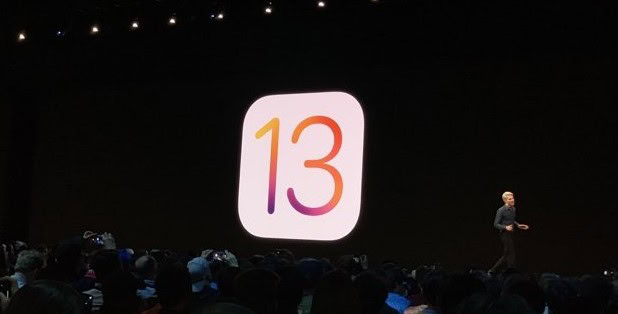
Privacy has been a renewed focus with Apple’s next operating system update. One new feature in iOS 13 that seems centered on user privacy could have sweeping consequences for messaging and online call apps.
In iOS 13, Apple will not allow apps to run voice over Internet protocol (VoIP) in the background when the programs are not actively in use. Many apps that offer VoIP services currently run in the background, and they will need to be rewritten to adjust to Apple’s upcoming rules. The change is slated to roll out when iOS 13 is released in September. However, app developers will get a grace period, and they have until April 2020 to comply.
Apple has been putting privacy at the front and center of its business, especially as many tech companies make headlines for data breaches or misuse of personal information. iOS 13 will include multiple updates centered on giving users more control over how and when apps can get their information, such as one-time location sharing and a “Sign in with Apple” system.
VoIP services ostensibly stay running in the background so they can connect calls quickly, but they also lets those apps collect information about what users are doing on their devices. Restricting the programs that can simply be open at any time on its mobile hardware fits the narrative Apple is crafting about being a trusted place for customer privacy in an increasingly untrustworthy industry.
The move will impact many apps to make some big changes. Possibly the most visible apps impacted by the update will be Facebook’s Messenger and WhatsApp programs. Both of those apps give users the option to make calls, and they run in the background of a smartphone so that they can quickly connect calls.
The Information first reported on the story, and a representative from Facebook said that the company is in talks with Apple about this development:
The changes to the upcoming iOS releases are not insignificant, but we are in conversations with Apple on how best to address. To be clear—we are using the PushKit VoIP API to deliver a world-class, private messaging experience, not for the purpose of collecting data.
Facebook may not have data collection as the explicit purpose of its VoIP programs, but that doesn’t mean the social network isn’t doing so. Its track record for privacy issues is not good. Facebook incurred the scrutiny of the Federal Trade Commission, along with a $5 billion settlement and closer oversight, over charges surrounding misuse of user data. It also stored email-address lists and collected email passwords from its users this spring. And many people have anecdotal experience of seeing freakishly accurate or timely targeted ads when they use Facebook’s services.
This won’t be the first time Apple and Facebook lock horns over their approaches to privacy and customer protections. Apple took a drastic action against Facebook in January: Apple removed the social media giant’s certificate for its Enterprise Developer Program after it uncovered that Facebook was improperly using it to distribute apps that monitored user activity. And even that wasn’t Facebook’s first Apple infraction.
It’s unclear if Facebook’s reps think they can convince Apple to reverse course completely, or if they will be looking for a longer grace period to rework apps, or if they have a different end goal. A total 180 from Apple seems unlikely given its hawkish attitude to privacy, but we’ll be watching closely to see if it cedes any additional ground to VoIP app developers.

